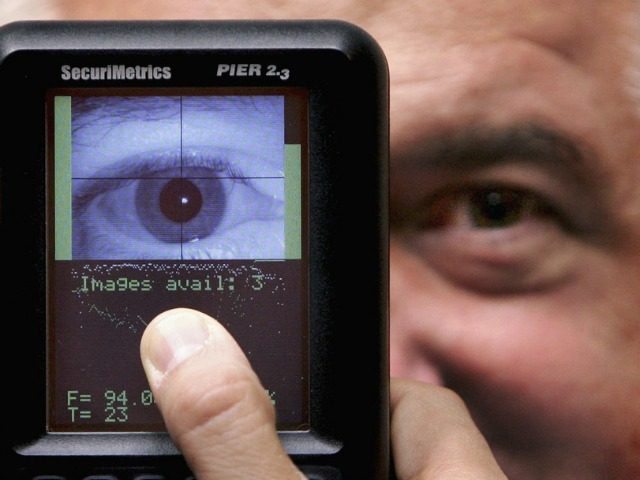A class-action lawsuit has been filed against Facebook claiming that the social network violates Illinois state law by holding biometric data of its users and keeping faces on file for recognition purposes.
“Facebook is the largest social network in the United States and likely the world. Facebook has previously been alleged to abuse consumers’ privacy rights,” claimed the class-action complaint against Facebook. “Plaintiff brings this class action to put an end to Facebook’s latest privacy abuse – its collection, storage, and subsequent use of its users’ biometric identifiers and biometric information without informed consent, in direct contravention of the BIPA.”
“In direct violation of all three prongs of §15(b) of the BIPA [Biometric Information Privacy Act], Facebook is actively collecting, storing, and using the biometric information of its reportedly more than one billion users without any written notice or informed written consent, including millions of Illinois residents,” continued the document. “Specifically, sometime in late 2010, Facebook began implementing its ‘tag suggestion’ feature (‘Tag Suggestions’), which utilizes sophisticated facial recognition software to automatically match pictures with names.”
Facebook’s software collects, analyzes and compares the facial features in user-uploaded photographs and saves what is known as a “face template” in Facebook’s database. When a user uploads a photograph, Facebook’s Tag Suggestions compares the faces of any individual in that photograph to the face templates in the Facebook database. If there is a match, Facebook suggests that the user “tag” the person in the photograph with the appropriate name. Facebook’s facial template database is so large that it dwarfs the FBI’s
Indeed, at a hearing before the U.S. Senate on Capitol Hill in 2012, Senator Al Franken described Facebook as the “world’s largest privately held database of face prints – without the explicit consent of its users.”
In a report by IEEE Spectrum, the magazine explained, “The Biometric Information Privacy Act (BIPA) sets limits on how companies can store and use people’s biometric identifiers, which the law defines as fingerprints, voiceprints, retina or iris scans, and scans of hand or face geometry.”
“The case is scheduled for trial this October, and similar Illinois-based lawsuits are proceeding against Google and Snapchat,” they continued. “In the upcoming year, the courts will host a debate over who can keep our faces on file.”
Charlie Nash is a reporter for Breitbart Tech. You can follow him on Twitter @MrNashington or like his page at Facebook.

COMMENTS
Please let us know if you're having issues with commenting.